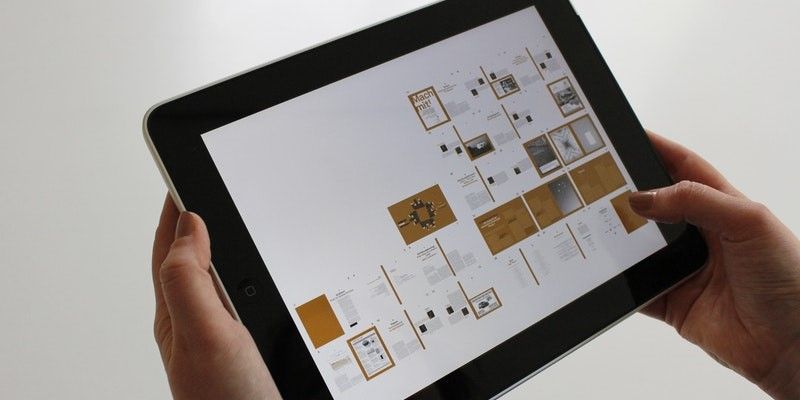Healthy relationships are an essential part of a fulfilling and happy life. Whether it be with a romantic partner, family member, friend, or colleague, building and maintaining strong and positive connections with others is key to overall well-being.
One effective way to strengthen and improve relationships is through communication and self-awareness. With the help of worksheets, individuals can explore their thoughts, emotions, and behaviors in a structured and reflective manner. These worksheets can serve as valuable tools for deepening understanding, fostering empathy, and resolving conflicts in relationships.
Here are 40 helpful worksheets that can aid in building healthy relationships:
1. Communication Styles: Identify your preferred communication style and learn how to adapt to others’ styles.
2. Active Listening: Practice active listening skills to better understand and connect with others.
3. Empathy: Cultivate empathy by putting yourself in others’ shoes and acknowledging their emotions.
4. Boundaries: Establish and communicate healthy boundaries in relationships.
5. Conflict Resolution: Learn effective strategies for resolving conflicts in a constructive manner.
6. Self-Reflection: Reflect on your own thoughts, feelings, and behaviors in relationships.
7. Trust Building: Strengthen trust in relationships through honesty and reliability.
8. Gratitude: Express gratitude and appreciation for others in your life.
9. Forgiveness: Practice forgiveness and let go of past grievances to nurture healthier relationships.
10. Assertiveness: Develop assertiveness skills to communicate your needs and boundaries openly.
11. Emotional Intelligence: Enhance your emotional intelligence to navigate relationships with greater insight.
12. Mindfulness: Practice mindfulness to cultivate presence and attentiveness in relationships.
13. Self-Care: Prioritize self-care to maintain healthy boundaries and balance in relationships.
14. Relationship Vision: Set goals and intentions for your relationships to align with your values.
15. Love Languages: Discover and communicate your love language to deepen connections with others.
16. Apology: Learn how to apologize sincerely and repair relationship damage.
17. Self-esteem: Build self-esteem and self-worth to enhance your relationships.
18. Gratitude Journal: Keep a gratitude journal to appreciate and acknowledge the positive aspects of your relationships.
19. Conflict Diary: Track conflicts and resolutions to gain insights into patterns and triggers in relationships.
20. Relationship Timeline: Reflect on the history and milestones of your relationships to appreciate growth and progress.
21. Relationship Inventory: Assess the strengths and weaknesses of your relationships to identify areas for improvement.
22. Intimacy Builder: Strengthen emotional and physical intimacy in relationships through shared experiences.
23. Empathy Map: Map out your understanding of others’ thoughts, feelings, and needs to cultivate empathy.
24. Self-Compassion: Practice self-compassion to enhance your ability to be compassionate towards others.
25. Relationship Check-In: Regularly check in with your partner or loved ones to assess the state of your relationship.
26. Conflict Resolution Wheel: Use a conflict resolution wheel to navigate disagreements and find compromises.
27. Relationship Vision Board: Create a visual representation of your ideal relationships to inspire and motivate you.
28. Values Clarification: Clarify your values and priorities to align your relationships with what matters most to you.
29. Communication Quiz: Take a quiz to assess your communication skills and identify areas for improvement.
30. Relationship Contract: Create a relationship contract with your partner to establish mutual expectations and agreements.
31. Day in the Life: Imagine a day in the life of your ideal relationship to visualize your aspirations.
32. Growth Mindset: Embrace a growth mindset in relationships to cultivate resilience and adaptability.
33. Self-Care Plan: Develop a self-care plan to prioritize your well-being and maintain healthy relationships.
34. Affirmations: Use affirmations to boost your self-esteem and confidence in relationships.
35. Relationship Puzzle: Piece together the components of a healthy relationship to create a clear picture.
36. Communication Game: Play a communication game with your partner or loved ones to practice active listening and empathy.
37. Reflection Journal: Keep a reflection journal to process and learn from your relationship experiences.
38. Gratitude Jar: Fill a gratitude jar with notes of appreciation for your relationships and review them regularly.
39. Conflict Resolution Role-Play: Role-play conflict scenarios with a partner to practice active listening and problem-solving skills.
40. Relationship Vision Statement: Write a vision statement for your relationships to articulate your goals and intentions.
By using these worksheets and exercises, individuals can deepen their understanding of themselves and others, improve communication skills, strengthen trust and empathy, and resolve conflicts effectively. Building healthy relationships takes time, effort, and commitment, but the rewards of nurturing strong connections with others are well worth it.



